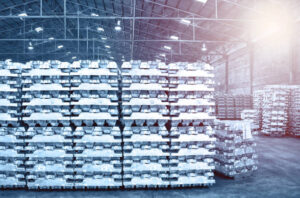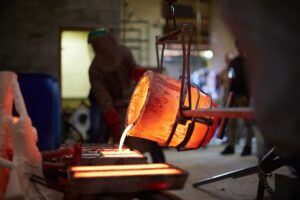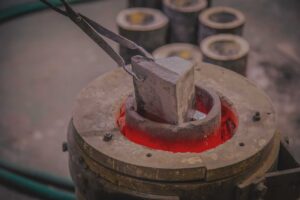A circular economy is a framework for systems-level solutions addressing issues including pollution, waste, biodiversity loss, and climate change. By shifting away from take-make-consume-throw away economic model, we can achieve greater sustainability. Recycling and reusing waste are aspects of circular economies that involve using resources less frequently, re-designing materials to be less resource-intensive, and recovering and reusing waste. In actuality, it refers to minimising waste. When a product reaches the end of its useful life, its components are wherever possible preserved within the economy. These may be productively applied repeatedly, adding more value.
There is no doubt that aluminium cans, in this circular economy, are the most environmentally friendly beverage packaging options. Compared to other packaging materials, aluminium cans have a greater recycling rate and can be produced from high-content recycled material. Now due to its robust, stackable, and lightweight properties, marketers can package and ship more beverages with less waste.
It is one of the most adaptable metals globally with the advantage of being ductile, non-magnetic, low density and high strength-to-weight ratio. Around 75% of roughly a billion tonnes of aluminium produced throughout history are still being used today. Aluminium may be recycled several times without losing any of its mechanical or physical qualities.




